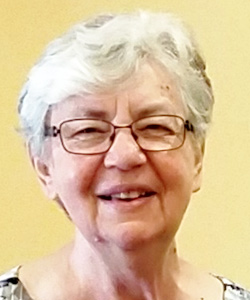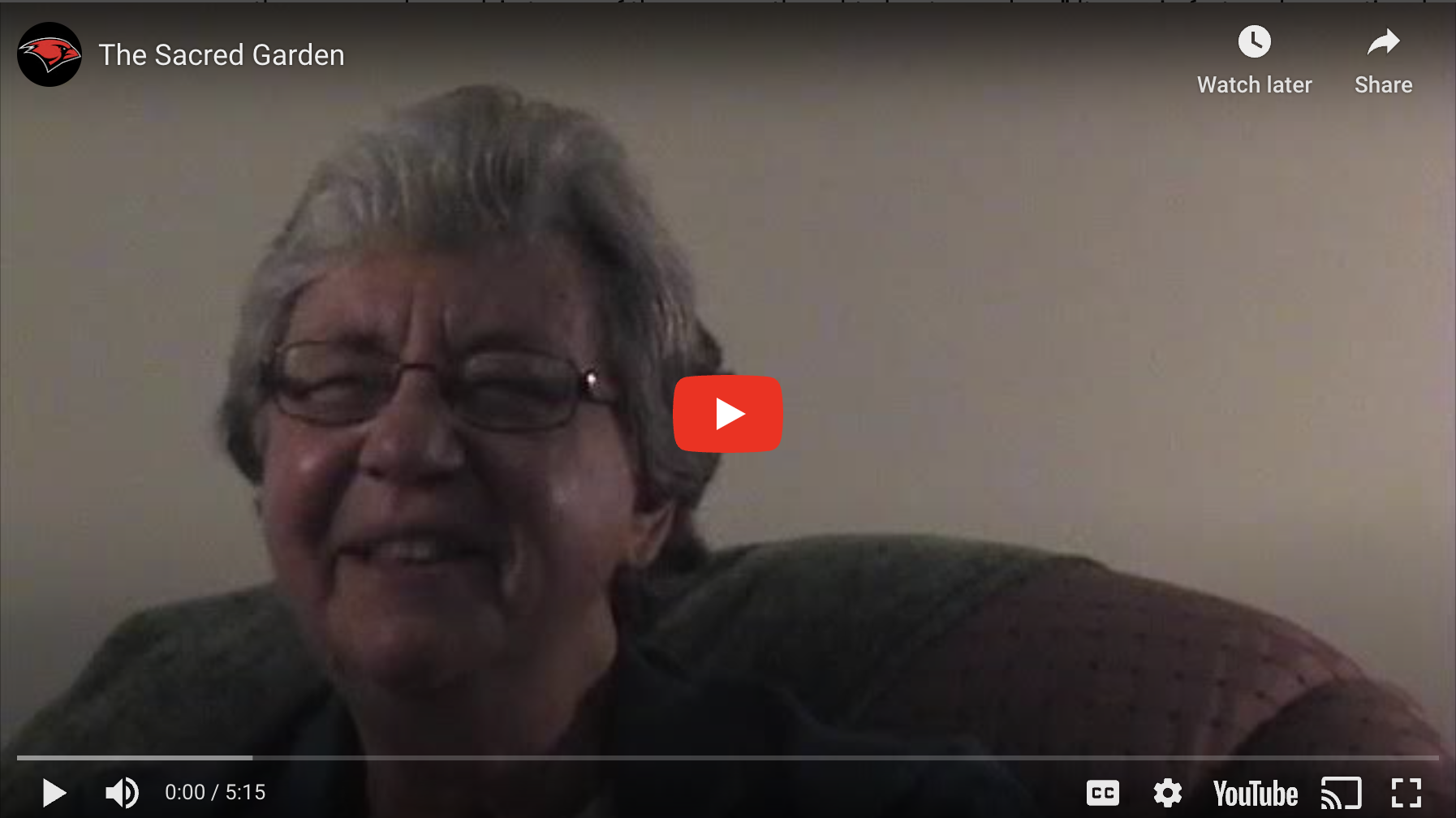Sr. Dorothy Batto's Story
 Sr. Batto was born and raised in small Texas Hill Country communities where “we grew up in kind of a farm atmosphere [where] there was lots of space to roam around and we’d have private time. So I remember being very close to Nature and feeling like that was a special place to commune with God.”
Sr. Batto was born and raised in small Texas Hill Country communities where “we grew up in kind of a farm atmosphere [where] there was lots of space to roam around and we’d have private time. So I remember being very close to Nature and feeling like that was a special place to commune with God.”
Her mother was involved with the Catholic school and church activities. At one church, “I used to love to visit the little altar of the Blessed Mother, and so it was a time of personal prayer and just enjoying being in the presence of the holy.”
At school and later in the early years, while aspiring to enter the convent as a teenager, she interacted with the Incarnate Word Sisters, seeing them “as very kind, as very compassionate, as hard-working, as people who -- I want to say -- had the interest of others very much at heart.”
At the time, the mission of the Sisters was only in teaching or nursing, and Sr. Batto majored in fields that led her to spend many years first in grade schools and, later, with degrees in the sciences, at Incarnate Word High School and College, for which she had many mentors from an array of older Sisters. Modern ideas such as evolution were not a problem since “the source of all is God…God allows creation to develop and evolve.”
Sr. Batto had been taught anatomy and physiology by Sr. Mary Lucy, who “inculcated a deep respect for the human body… she always wanted us to have that deep respect. But I remember also, she would encourage us like in terms of the way we dressed, in terms of the way we thought about ourselves.” It was, in fact, an Incarnational spirituality.
The Second Vatican Council challenged the Sisters to meet the many needs of the Church and the community. Sisters involved in parish schools began to consider various ways to serve the entire parish and the poor. Eventually, Sr. Batto served as a leader in Faith Formation in parishes and for the archdiocese, at one point traveling through rural areas to train teachers and promote adult study groups, using creative teaching strategies. She also helped women aspiring to enter religious life develop their prayer life and promoted the mission and values of the Incarnate Word Sisters in hospitals served by the Congregation.
In her work, Sr. Batto relied on traditional Catholic spirituality and new ideas fostered by transpersonal studies, eventually leading her to establish a Sacred Garden where participants examine “…not just their relationship with God, but also what is happening in their relationships with other persons in their life, as well as in their relationships with all of creation and how all of that is continuing to call them to grow and develop as a whole person.”
In sum, Sr. Batto sees the Mission of the Incarnate Word Sisters and of the University of the Incarnate Word in some ways unique and in others simply making present the ”unconditional love of God in very tangible ways in peoples’ lives.” And that Mission will endure despite changes in the Congregation or the University or, in fact, in the world, because it is God’s Mission.
Let us listen to Sr. Dorothy Batto speak about the Sacred Garden on July 5, 2012, as interviewed by Tray Moore.


